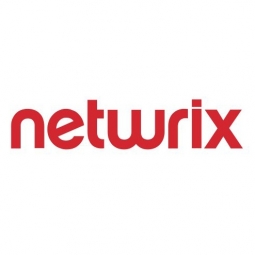Netwrix
Case Studies
IDB Bank's Digital Transformation: Securing Customer Data and Optimizing Compliance with Netwrix
Overview
 |
IDB Bank's Digital Transformation: Securing Customer Data and Optimizing Compliance with NetwrixNetwrix |
Analytics & Modeling - Machine Learning Cybersecurity & Privacy - Security Compliance | |
Finance & Insurance National Security & Defense | |
Quality Assurance | |
Cybersecurity Tamper Detection | |
Cybersecurity Services System Integration | |
Operational Impact
| The implementation of Netwrix Change Tracker has significantly improved and streamlined IDB Bank's IT operations. It has helped the bank achieve a state of continuous compliance across various regulatory frameworks. The solution's integration with ServiceNow has enabled the bank to validate approved changes with a full audit trail, thereby managing their digital transformation initiatives in the most secure way possible. The bank has also been able to reduce the number of IT security tools it uses, further simplifying its operations. The automation of compliance reporting has freed up time and resources previously spent on manual cybersecurity and change management efforts. Overall, the solution has enhanced the bank's data security against the latest cyber threats, supporting its mission to protect clients' data and assets. | |
Quantitative Benefit
| Up to 1000 changes a week are managed and tracked, helping to detect bad changes and automate critical security controls. | |
| Reduced the number of IT security tools used, streamlining operations and reducing complexity. | |
| Automated compliance reporting capabilities have cut back on time and resources spent on manual cybersecurity, compliance, and change management efforts. | |


